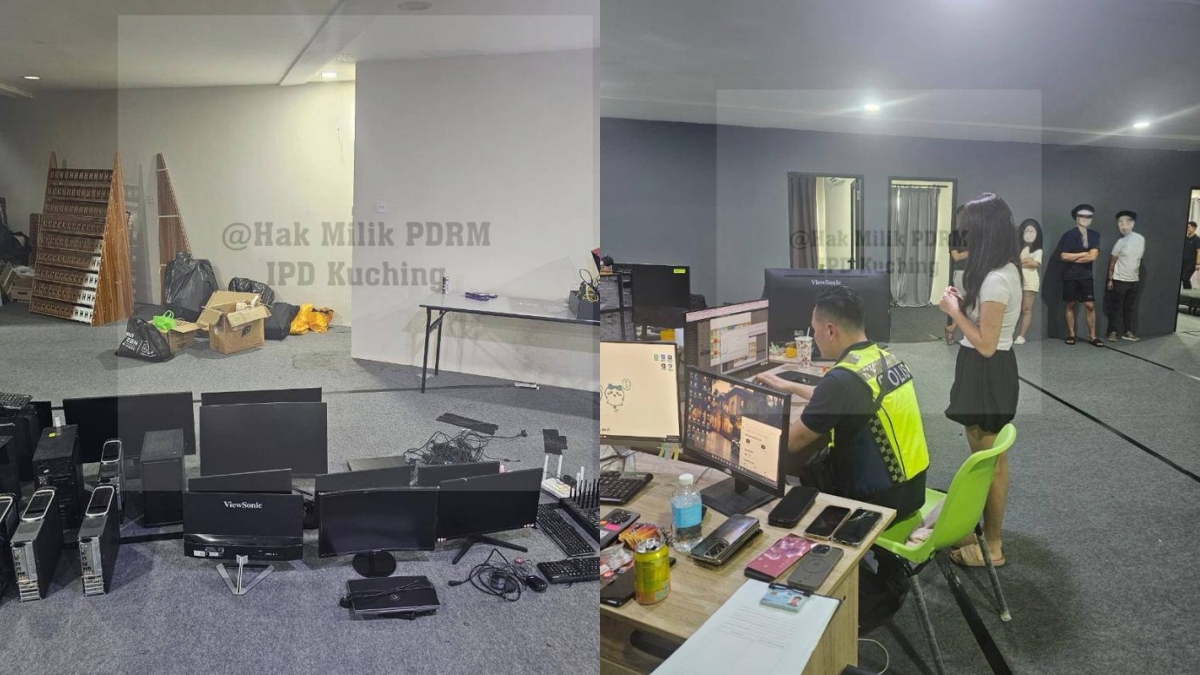Chinese student in Singapore fined for staging fake kidnapping in Malaysia
A Chinese national studying at the National University of Singapore has been fined RM17,000 (S$5,150) by a Malaysian court after admitting to staging the kidnapping of another student in Kuala Lumpur. The elaborate hoax, involving a ransom video, wasted public resources and led to multiple legal proceedings.

- Zhang Runbao, a Chinese NUS student, fined RM17,000 for staging fake kidnapping in Kuala Lumpur.
- He created a ransom video showing 18-year-old Ye Yingxi bound and distressed.
- Ye’s mother withdrew her police report, leading to Ye’s discharge from charges.
- Prosecutors warned the hoax wasted public resources and caused significant distress.
A Malaysian court has fined a Chinese student from Singapore RM17,000 (S$5,150) after he admitted to staging a kidnapping hoax involving another student in Kuala Lumpur.
The staged kidnapping
On Tuesday (27 May), Zhang Runbao pleaded guilty to deceiving Cheng Zhiwen, the mother of 18-year-old student Ye Yingxi, by sending her a video that falsely portrayed her son as a kidnap victim.
According to court documents cited by Free Malaysia Today, the video depicted Ye half-naked, hands tied, mouth taped shut, and his face drenched with water. Zhang allegedly claimed that Ye had been choked and stomped on, before demanding that Cheng transfer ransom money into a bank account in China.
The staged incident took place at a hotel along Jalan Tuanku Abdul Rahman in Kuala Lumpur between 11:44 am and 9:15 pm on 2 May.
The ransom demand
The hoax followed earlier claims that Ye had been abducted after travelling from Singapore to Johor on 30 April. His parents, based in Dubai, were contacted by alleged kidnappers who threatened to sell his organs if payment was not made.
However, police suspicions were raised due to inconsistencies in the timeline, including reports that Ye had been playing online games in Singapore the day before leaving for Malaysia.
Joint charges and court proceedings
On 13 May, both Zhang and Ye were jointly charged at the Kuala Lumpur Sessions Court with attempting to deceive Cheng into paying a ransom of 5 million yuan (S$893,800).
They faced charges of cheating and dishonestly inducing the delivery of property, with an alternative charge of making a distressing video call to Ye’s mother.
Although initial reports described Zhang as Ye’s friend, Ye’s lawyer, Ramesh Sivakumar, later clarified to CNA that his client did not know Zhang personally.
Ye discharged, Zhang fined
During Tuesday’s hearing, Judge Azrul Darus granted Ye a discharge not amounting to an acquittal after his mother retracted her police report and indicated she no longer wished to pursue the case.
Zhang, who is a student at the National University of Singapore (NUS), was convicted and fined RM17,000. If he fails to pay, he will face six months in jail.
Ye is believed to be enrolled at the Singapore Institute of Management (SIM). Both NUS and SIM confirmed that they are aware of the ongoing case.
Sentencing and mitigation
Deputy Public Prosecutor Noor Syafina Radzuan urged the court to impose a deterrent sentence, noting that Zhang’s actions had wasted significant police resources and caused distress to Ye’s family.
In mitigation, Zhang’s lawyer, Ernie Sulastri Ahmad, told the court that her client was remorseful and that his 10 days in police custody had served as a sobering lesson. She added that Zhang hopes to continue and complete his studies by June next year.
Under Section 417 of Malaysia’s Penal Code, cheating carries a maximum penalty of five years in prison, a fine, or both.
Broader implications
The case has drawn attention in both Malaysia and Singapore, highlighting the risks of transnational scams and the misuse of digital media for extortion. Authorities have also warned that such hoaxes not only traumatise families but also divert critical resources away from real emergencies.







